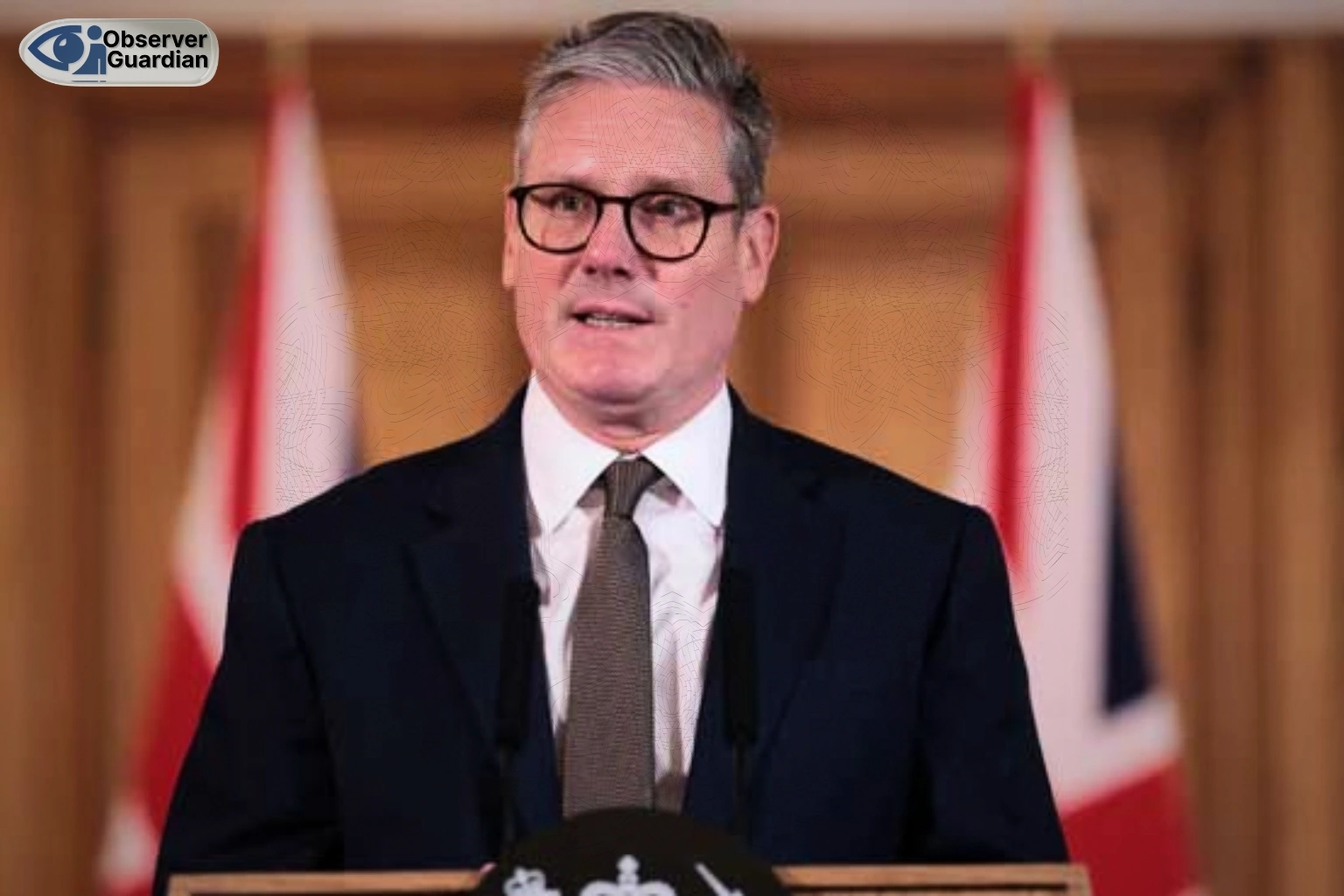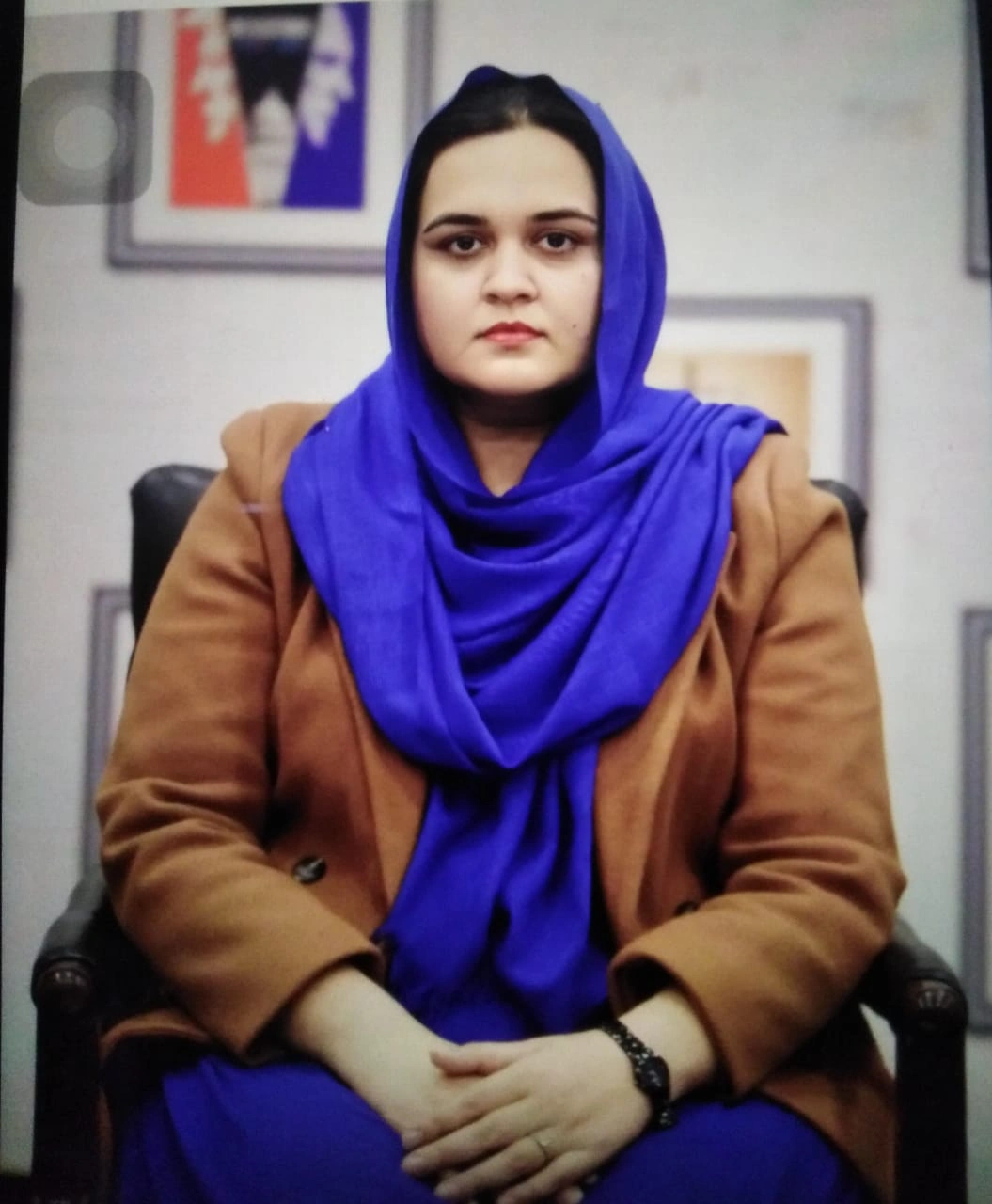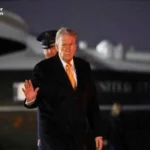Portugal just joined the growing list of nations that have formally recognised Palestine as a state. The timing isn’t accidental. With the UN General Assembly in session and the humanitarian situation in Gaza and the West Bank worsening, Lisbon decided it couldn’t sit on the side-lines any longer.
For years, Portugal held back, preferring to move in step with the broader EU consensus. This latest shift feels like an acknowledgement that waiting hasn’t achieved much. Recognition doesn’t change the facts on the ground overnight, but it does add diplomatic weight to Palestine’s claim for sovereignty and international legitimacy.
They’re not alone. France, the UK, Canada, Australia, and Malta are all either making similar announcements or preparing to. It’s beginning to look like a coordinated moment rather than scattered symbolic gestures. At the same time, Israel is pushing back, and the US has voiced its concerns that unilateral recognition risks making peace talks even harder.
Supporters of these recognitions argue the opposite: that without steps like this, the idea of a two-state solution fades further out of reach. Critics warn it might escalate tensions or embolden hardliners. Both points could be true.
Symbolism matters in diplomacy, but the real test is whether this translates into tangible support for Palestinians living under blockade and occupation. Recognition may give Palestine more leverage at the UN and in international courts, but people in Gaza queuing for food or sheltering from airstrikes won’t feel the effects right away.
Still, Portugal’s move is part of a bigger shift. A decade ago, most Western governments were hesitant to go down this road. Today, the momentum is clearly building. Whether that leads to real progress toward peace or just another layer of international statements remains to be seen.








